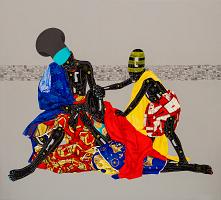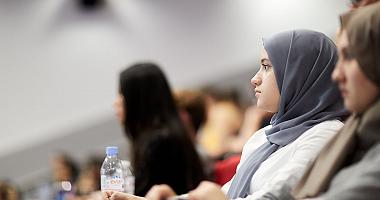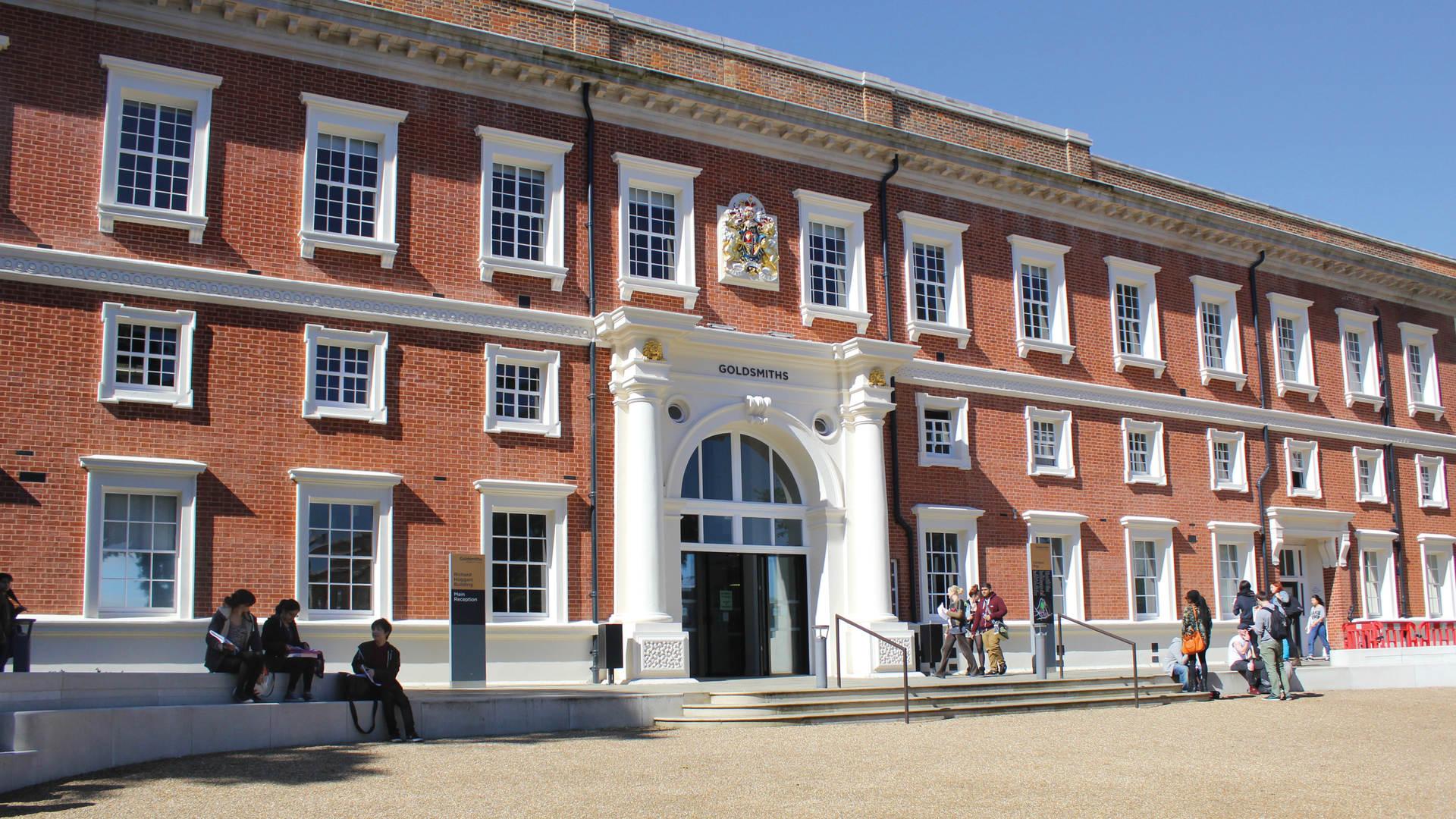Course information
Department
Length
1 year full-time or 2 years part-time
Course overview
Please note that this programme is suspended for 2025 entry. You can explore other programmes by visiting our course finder.
‘Culture is a paradoxical commodity. So completely is it subject to the law of exchange that it is no longer exchanged; it is so blindly consumed in use that it can no longer be used. [...] The whole world is made to pass through the filter of the culture industry.’ –Theodor W. Adorno and Max Horkheimer, ‘The Culture Industry’, 1947
- Our MA Culture Industry will allow you to explore the interface between contemporary economics and culture, from the scale of a start-up or artwork, to that of governmental policy, a city, or the global marketplace. It will also provide the approaches in critical and theoretical analysis that will enable you to conduct further academic research in areas ranging from art history, to urban studies and critical theory.
- In distinction from postgraduate programmes in the Cultural and Creative Industries, this Master’s programme focuses on the paradoxes and potentials of the relationship between culture and capitalism evoked by the term ‘culture industry’.
Taking full advantage of the UK’s leading role in the creative industries, and London’s status as a world city, this course creates opportunities for you to:
- make projects
- go on field trips
- do placements
- carry out academic learning and research
- meet diverse creative practitioners and theorists
This will give you first-hand experience of the fast moving creative economy, as well as giving you indispensable skills in understanding that economy from a cultural, philosophical and political standpoint. By combining theoretical and practical approaches to study, the course will not only help you to prepare for a career in the cultural sector, but also to engage with it imaginatively, critically and tactically.
Engage with the cultural sector
- Within the accelerated climate of digital networks and globalisation, the forms and behaviour of culture are mutating, converting the workshop into the handheld device and the cinema and gallery into the bedroom. This course is aimed at creative practitioners, entrepreneurs and theorists wanting to experiment with these changes, and set them into a historically and discursively rich framework.
- The Research Lab will help you develop analytical practices with which to study the culture industry in action. We undertake field trips which help you learn to relate first-hand experience to the theoretical ideas introduced by the course. We develop ethnographic skills with which to record, document and make sense of cultural and working practices. We think about ways to read and decode visual culture such as film, advertising and artworks. With these mixed methodologies, students are equipped to extend initial questions and observations into systematic research methods of their own design.
- The Department of Media, Communications and Cultural Studies has been ranked 2nd in the UK for 'world-leading or internationally excellent' research (Research Excellence Framework, 2021) and 16th in the world (3rd in the UK) in the 2024 QS World Rankings for communication and media studies.
Contact the department
If you have specific questions about the degree, contact Gholam Khiabany or Marina Vishmidt.







